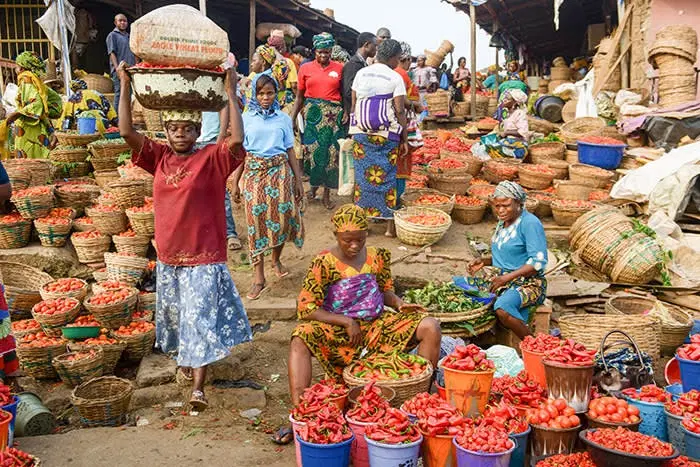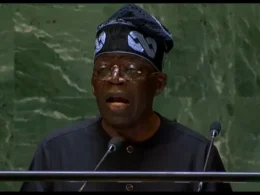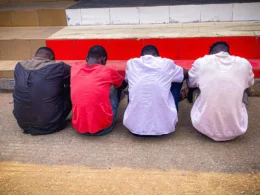This week, financial and economic experts have expressed concerns over the Federal Government’s economic policies and reforms, painting a bleak picture for the short and medium-term future of Nigeria’s economy. The experts’ assessments come in the wake of a recent surge in petrol prices and ongoing economic hardship.
With the recent hike in the pump price of fuel, which now ranges between N900 and N1,200 per litre, coupled with a seven-week-long scarcity, analysts forecast further economic downturn and increased hardship for Nigerians. The government continues to assure citizens of an eventual turnaround, urging patience as it implements its policies.
However, experts warn that meaningful recovery may not begin until as late as 2027, and that this timeline could be further delayed if key measures are not undertaken to alleviate current hardships. The petroleum sector’s recent setbacks, including a significant drop in the price of Nigeria’s crude oil grade, Bonny Light, to $73 per barrel, further complicate the situation. This decline impacts the country’s budget, which was predicated on an oil price of $77 per barrel, and exacerbates the fiscal strain given the ongoing shortfall in oil production.
Nigeria’s economic struggles are marked by inflation, rising unemployment, decreased purchasing power, and escalating utility costs, all contributing to a declining standard of living. Analysts highlight that recovery will hinge on several factors, including stabilization of the oil sector, foreign exchange and interest rates, and improvements in agricultural productivity. Yet, the odds are currently seen as unfavorable.
Key Figures Weigh In:
- Prof. Uche Uwaleke, President of the Association of Capital Market Academics of Nigeria (ACMAN), emphasizes that significant economic recovery is unlikely in the near term. He cites inherited structural challenges in the power and petroleum sectors, as well as ongoing insecurity, as major obstacles to rapid improvement.
- David Adonri, Analyst and Executive Vice Chairman of Highcap Securities Limited, criticizes the government’s current reform approach. He argues that the lack of austerity in public spending and insufficient measures to address rural insecurity are exacerbating the economic crisis. He predicts that recovery may be elusive even in the next five years unless substantial changes are made.
- Dr. Femi Egbesola, President of the Association of Small Business Owners of Nigeria (ASBON), calls for a restructuring of the government’s economic team. He underscores the need for improved welfare measures, anti-corruption efforts, and support for small businesses and local production to stimulate economic recovery.
- Mrs. Toyin Sanni, Group CEO of Emerging Africa Capital Group, suggests that while the government’s reforms are bold, conflicting events and structural challenges are impeding progress. She forecasts that visible economic improvements may not be apparent until late 2025 or early 2026, contingent on effective implementation of complementary fiscal policies.
- Clifford Egbomeade, Public Analyst and Communications Expert, advocates for policy reforms focused on economic diversification, job creation, and social safety nets. He stresses that immediate realities remain challenging and that significant improvements will likely be gradual.
- Strengthening Security: Enhanced security in agricultural regions to boost output and stabilize food prices.
- Infrastructure Investment: Accelerate development in critical infrastructure to support economic growth and reduce business costs.
- Policy Coordination: Ensure effective collaboration between monetary and fiscal authorities to support economic stability.
- Private Sector Investment: Foster private sector participation, particularly in infrastructure and technology sectors.
- Economic Diversification: Reduce dependency on oil by investing in agriculture, manufacturing, and technology.
- Empowering Women and Youth: Enhance access to education and resources for women and young people to fully leverage their potential.
- Strengthening Societal Cohesion: Promote national unity and reduce ethnic tensions to support overall economic progress.
Experts agree that addressing these areas is crucial for Nigeria to achieve long-term economic stability and growth. However, the path to recovery is expected to be gradual, with short-term relief remaining a distant prospect.









